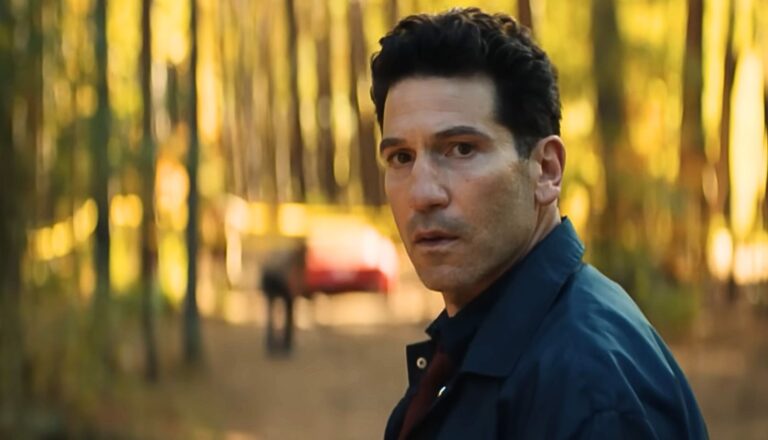
His & Hers
When a whodunnit is wrapped up in sex, blood, foul language and extramarital affairs, you have to wonder if it’s even worth investigating.
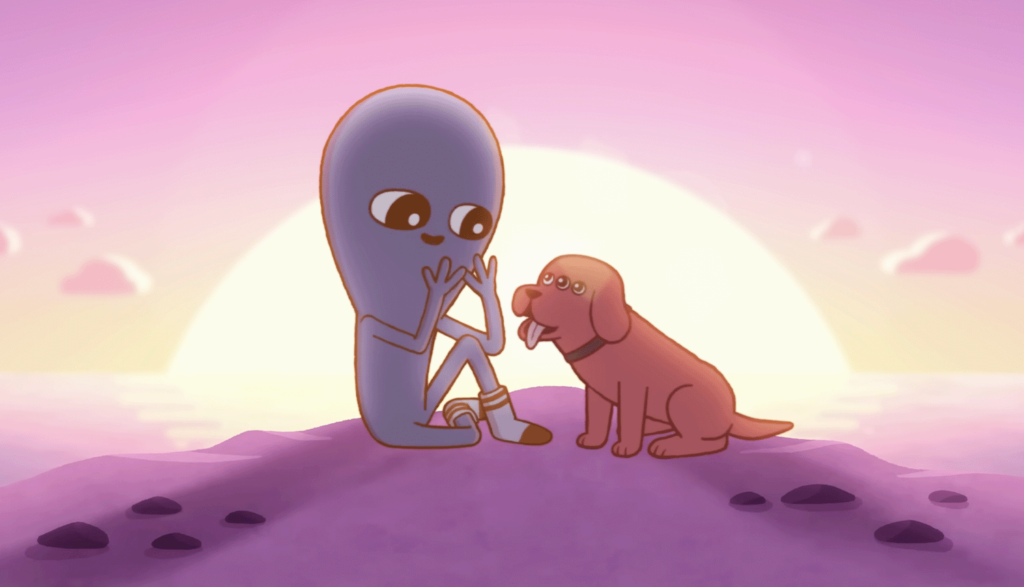
Our world is a bit absurd.
We listen to sad music to make us feel better. We wear fabric tubes on our feet to keep them warm. We toss tiny pieces of paper into the air in celebration. We don metal loops on our digits to signify marriage. And we take comfort in sharing all our sensations, good or bad.
That’s the premise of Nathan W. Pyle’s popular book series, Strange Planet, now adapted as an animated show for Apple TV+.
Pyle’s anthropomorphic aliens don’t use words like “bed” or “pillow.” They prefer “rest slab” and “comfort square.” Coffee? “Jitter Liquid.” Alcohol? “Mild poison.”
It might seem odd at first. But every unusual phrase used is actually pretty accurate—and perhaps even more apt than the “correct” terminology.
Because when you really think about it, we really do live on a strange planet.
Each episode of Strange Planet explores the oddness of life. And while the series seems pretty innocent, we must note a few exceptions.
A few characters smooch (called “mouth-pushing”). Some unwed characters in romantic relationships also live together. And due to their anthropomorphic nature, it can be difficult to distinguish genders.
The show’s sense of humor can also lean toward the macabre as it tries to handle some of life’s sadder truths in a positive manner. But it might be hard for parents to explain why an airplane safety brochure is called “Tips on How Not to Die.”
I also noticed some unexpected spiritual connotations. The show’s opening song features a line that says, “We find ways to give life meaning.” And as a Christian, that just rubbed me the wrong way a bit. Characters also exclaim, “Oh Lorb!” Which, while silly, still feels a bit sacrilegious.
If you enjoy Pyle’s books, you probably won’t find any issues with the show. But as cute as Strange Planet is, I wouldn’t necessarily let it play mindlessly in the background given some of its deeper messages about life’s truths.
A flight attendant receives a promotion that distances her from her friends. A band struggles to find its voice after the lead singer leaves. And a couple who loves that band wonders if they should split up since the band did.
There’s a bit of a double meaning surrounding the word “ascended” that has spiritual implications. Someone exclaims, “Oh Lorb!”
Many characters express a fear of dying in a plane crash. And this is heightened when a plane experiences extreme turbulence. (The plane eventually levels out with no harm done.)
We see a picture of a couple kissing. An unmarried couple lives together.
Characters drink alcohol. Many characters say they love listening to sad music because it makes them feel better. Characters also derive comfort from sharing uncomfortable experiences with others.
Someone learns that expressing emotions instead of hiding them or lying about them can be cathartic.

Emily studied film and writing when she was in college. And when she isn’t being way too competitive while playing board games, she enjoys food, sleep, and geeking out with her husband indulging in their “nerdoms,” which is the collective fan cultures of everything they love, such as Star Wars, Star Trek, Stargate and Lord of the Rings.

When a whodunnit is wrapped up in sex, blood, foul language and extramarital affairs, you have to wonder if it’s even worth investigating.
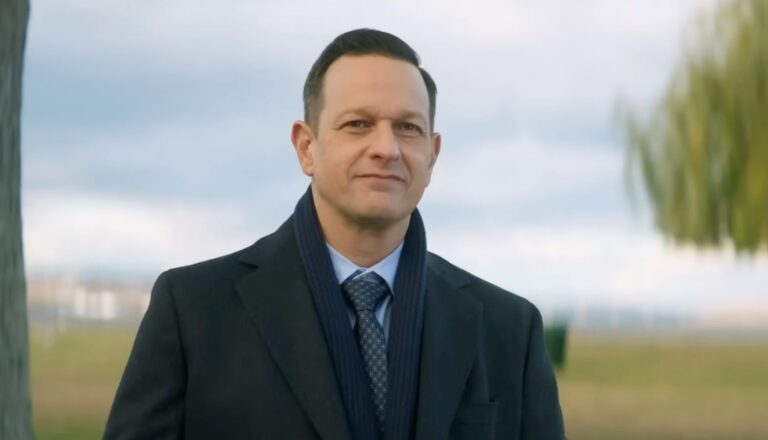
In Fox’s Best Medicine, uptight city surgeon Dr. Martin Best moves to small-town Port Wenn and learns to get along with its quirky residents.
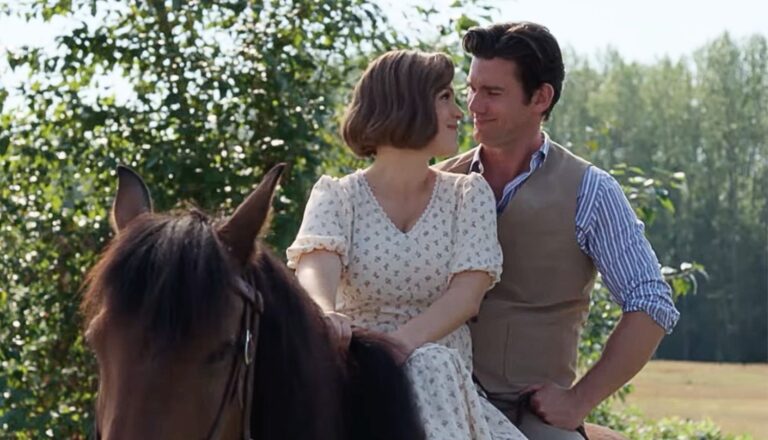
This beloved Hallmark romantic drama about life in a small, 1900s Canadian mining town returns for its tenth season.
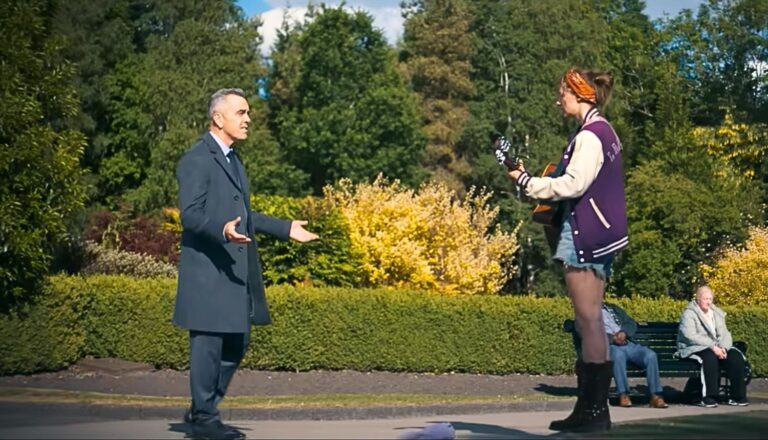
Since violence and crudities reign supreme in ‘Run Away,’ viewers might do well to heed the advice in the show’s title.